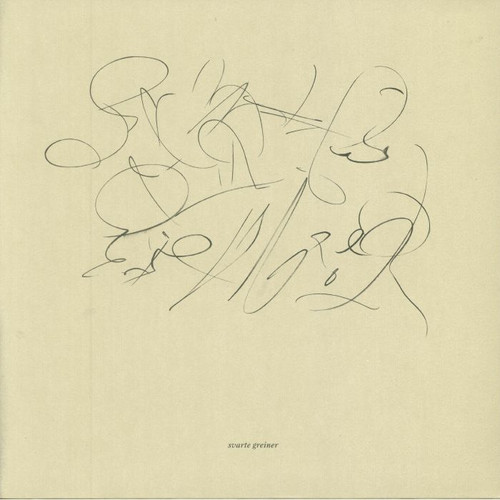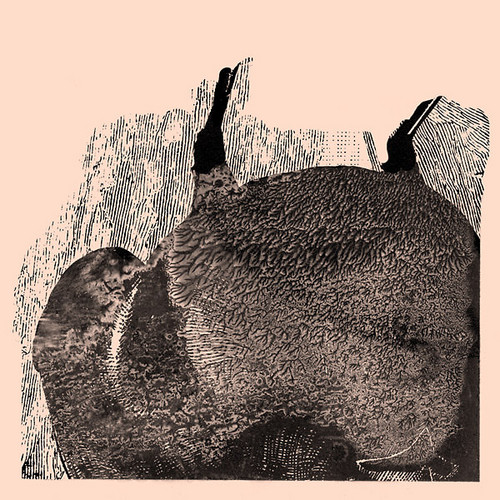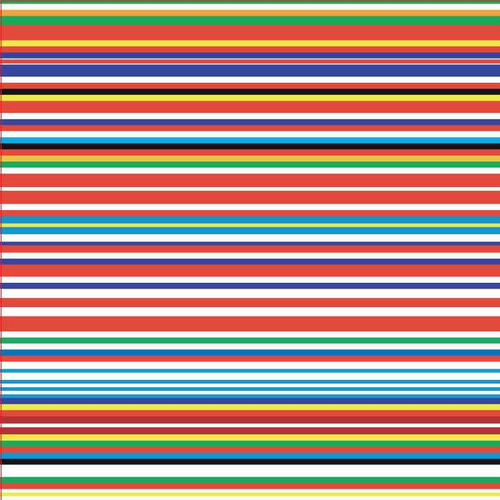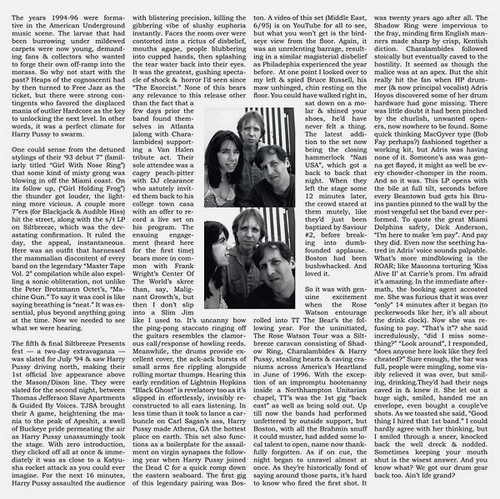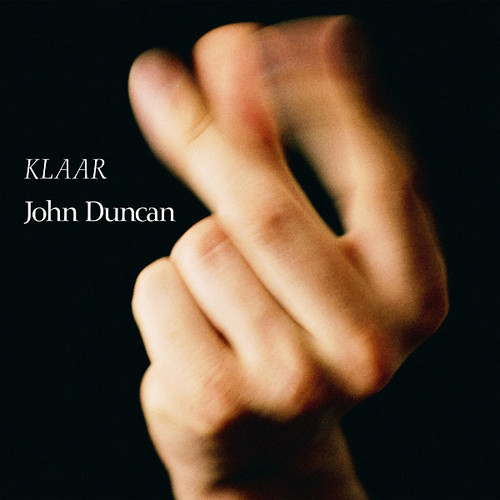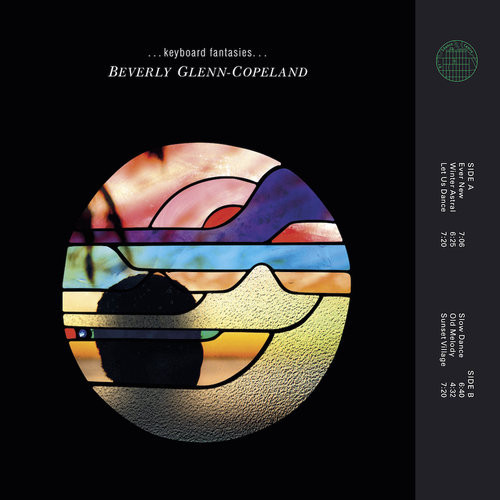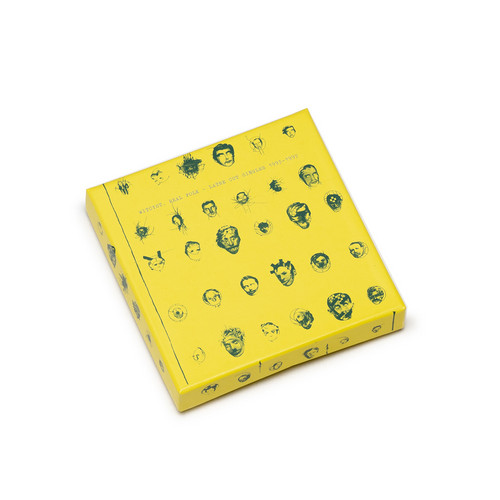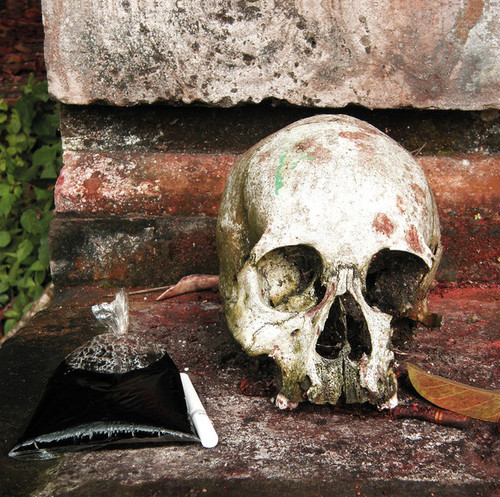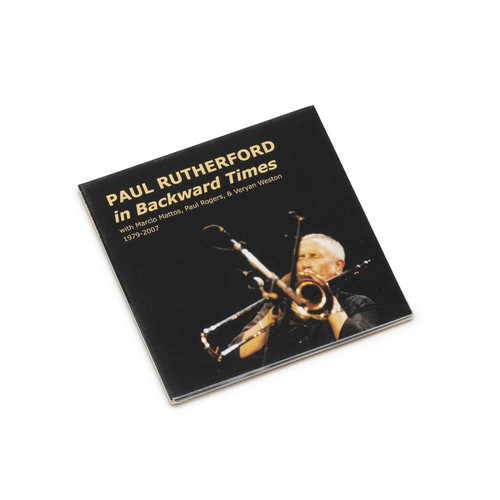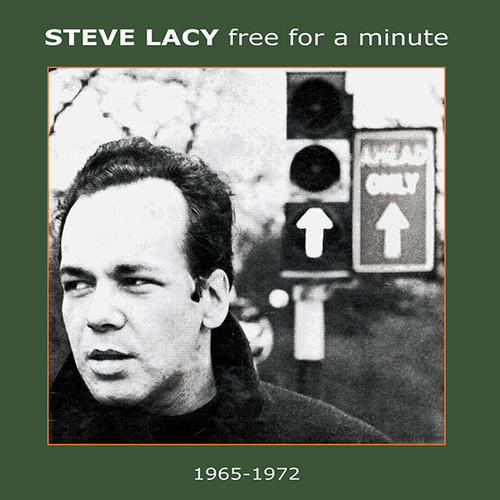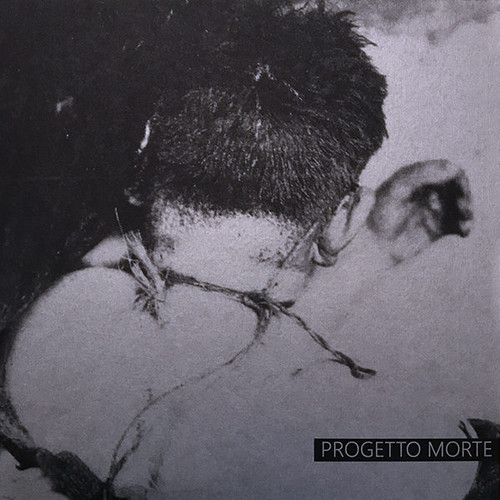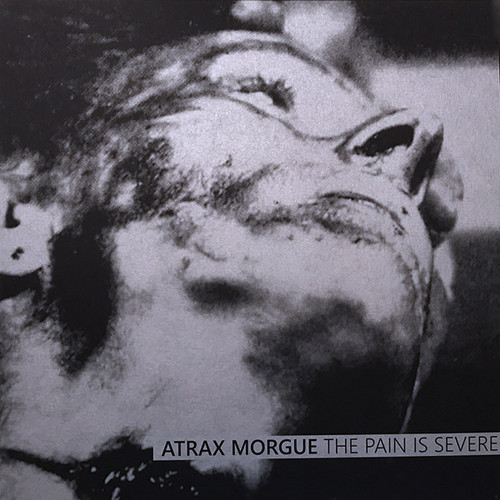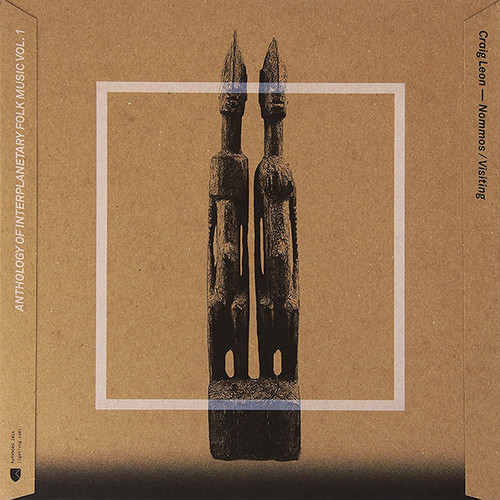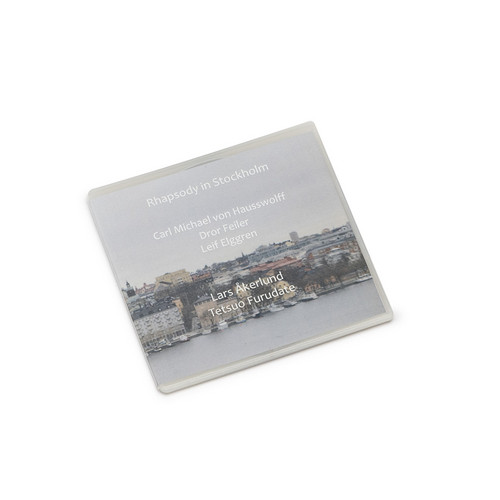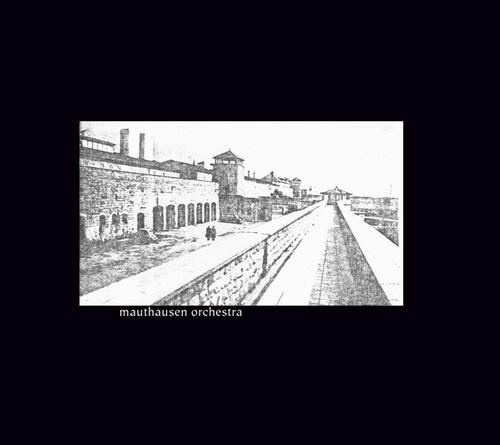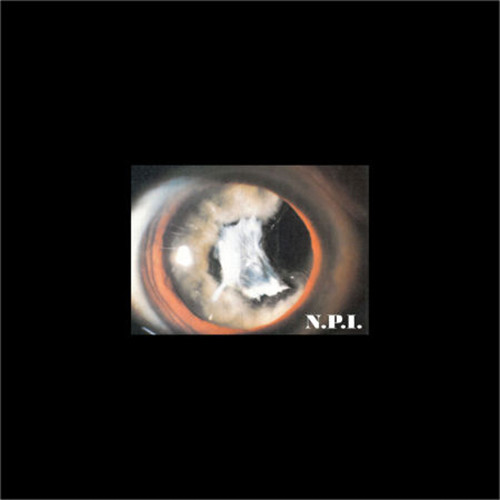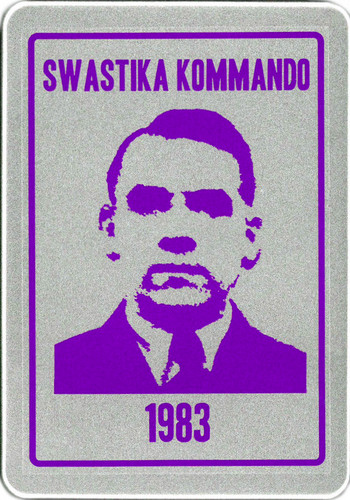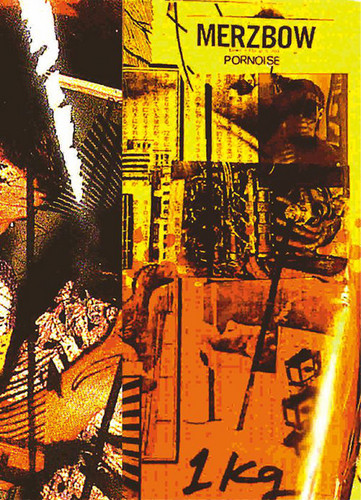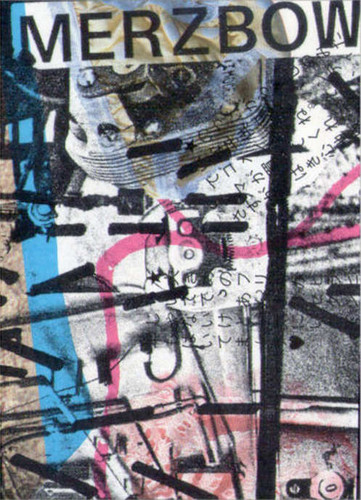Reissues
Apart
Apart is a mini-album containing a set of cello improvisations, conceived during days of solemn recording in the basement of an unused industrial space outside of Bern, Switzerland. Svarte Greiner on the recording process. "In autumn 2015 I was in…
Knive
Miasmah present a reissue of Svarte Greiner's debut album Knive, originally released on Type in 2006. 11 years since its inception, the surreal and darkly romantic Knive still sounds like a mystery and something that's hard to pin down. Svarte Grein…
Retrospektiv
Thomas Brinkmann is one of the great producers of Techno music and modern dance music. He initially gained notoriety in the experimental electronic music and Techno community for his full-length 'variations' of material by Wolfgang Voigt under his…
A Real New England Fuck Up
Previously unreleased mid-'90s live recordings of Harry Pussy in peak trio formation, with extensive eye-witness liner notes by Siltbreeze label-head Tom Lax and Tom Carter of Charalambides. Edition of 500."The 1996 Shadow Ring / Harry Pussy / Chara…
Klaar
Black Truffle present the first ever vinyl reissue of legendary performance and sound artist John Duncan's forgotten gem Klaar, originally released by Extreme in 1991 and partly created in collaboration with Andrew McKenzie (The Hafler Trio). Duncan …
Keyboard Fantasies
Re-release of Beverly Glenn-Copeland’s rural Canadian new age suite for DX7 and TR707 …keyboard fantasies… with new carefully reconstructed glasswork design by Alan Briand, originally released in 1986. Beverly Glenn-Copeland is already known amongs…
Real Folk - Lathe Cut Singles 1993-1997
A bone-fide underground legend, Witcyst has been creating completely unique noise music from the isolation of smalltown New Zealand since the late eighties. For three decades Witcyst has been an infamous prol yet mysterious force of the deep noise …
The Gamelan of the Walking Warriors
A fascinating immersion in the heart of a funeral ceremony live recorded in Bali, where gongs, cymbals, and drums give rhythm to the bewitching atmosphere of this mortuary procession. The international audience’s interest into Balinese music and its …
In Backward Times (1979-2007)
Unreleased material by Paul Rutherford, one of the greatest trombone improvisers in jazz – heard here on four very long tracks pulled from the vaults of Emanem Records! As label founder Martin Davidson says in the notes, the music of Rutherford was o…
Free for a Minute (1966-72) 2CD
An incredible package – one that brings together two very important albums from reedman Steve Lacy – plus unreleased material from the same time too! First up is the record Disposability – presented here with the first-ever correction to the cymbal s…
Progetto Morte
In 1995 Marco Corbelli shaped an interesting side-project, Progetto Morte, in collaboration with Walter Piano. The outcome of these twisted minds was a tape with the same title of the project recorded at Corbelli's home on June 10, 1995 and released …
The Pain Is Severe
Marco Corbelli's artistic journey began in the early 90's. Under the pseudonym of Marco Rotula, he started to release a series of fanzines in A5 format. The first was "The pleasure agony", followed by "Sick" and "Murders". The aesthetics of these fir…
Anthology of Interplanetary Folk Music Vol. 1
**2017 small repress** Craig Leon-approved reissue of his two solo albums Nommos and Visiting as a 2LP set in gorgeous packaging with two essays by Leon and a download coupon* Issued respectively by John Fahey's Takoma label in 1980 and Leon's Arbito…
Rhapsody in Stockholm
Limited edition of 100 copies. Tetsuo Furudate aided by Lars Akerlund, Carl Michael Von Hausswolff, Leif Elggren and Dror Feiler. Recorded at EMS in Stockholm in Feb. 2016. Many thanks to EMS and Minoru Sato. Tetsuo Furudate is born and lives in Toky…
Mauthausen Orchestra 1982
Originally published on tape by Broken Flag, U.K., as BF16. Remastered from original tape. Limited edition of 100 copies in digipack.. This re-issue was fully authorized by Pierpaolo Zoppo. Mauthausen Orchestra wass a musical group founded by Pierp…
Lyoto Music
First official CD repress of one of the most extreme cassettes coming out of Italy in the 80s. Rmastered edition. Lyoto Music was a terrific collaboration between Pietro Mazzocchin (The New Sadism, Observation Clinique and Swastika Kommando) and Pier…
Untitled
First ever re-issue of a obscure private release recorded in 1983, Limited edition of 100 copies. In the early 80s Pietro Mazzocchin was very active in the industrial/noise scene. He put out several cassettes under different moniker: Swastika Kommand…
1983
Metal box edition limited to 100 numbered copies, with remastered audio. The box set also includes 2 fanzines. Swastika Kommando was Pietro Mazzocchin from Bassano del Grappa, Italy. In the early 80s Pietro Mazzocchin was very active in the industria…
Pornoise
An epic 1984 masterpiece from Masami at the peak of his creativity. & CD set plenty of hectic and lumbering rhythms, weird vocal warble, frantic noise, fucked up grooves, spooky synth ambience, droning chant ranging from silly to sublime, musique c…
Musick From Simulation World
Another Merzbow re-issue for salivating Japanese noise junkies, recorded and Mixed at ZSF Produkt Studio in 1983. Merzbow blasts out of the gates with volcanic noise eruptions with all of the violence we can hear in these analog recordings from the …
